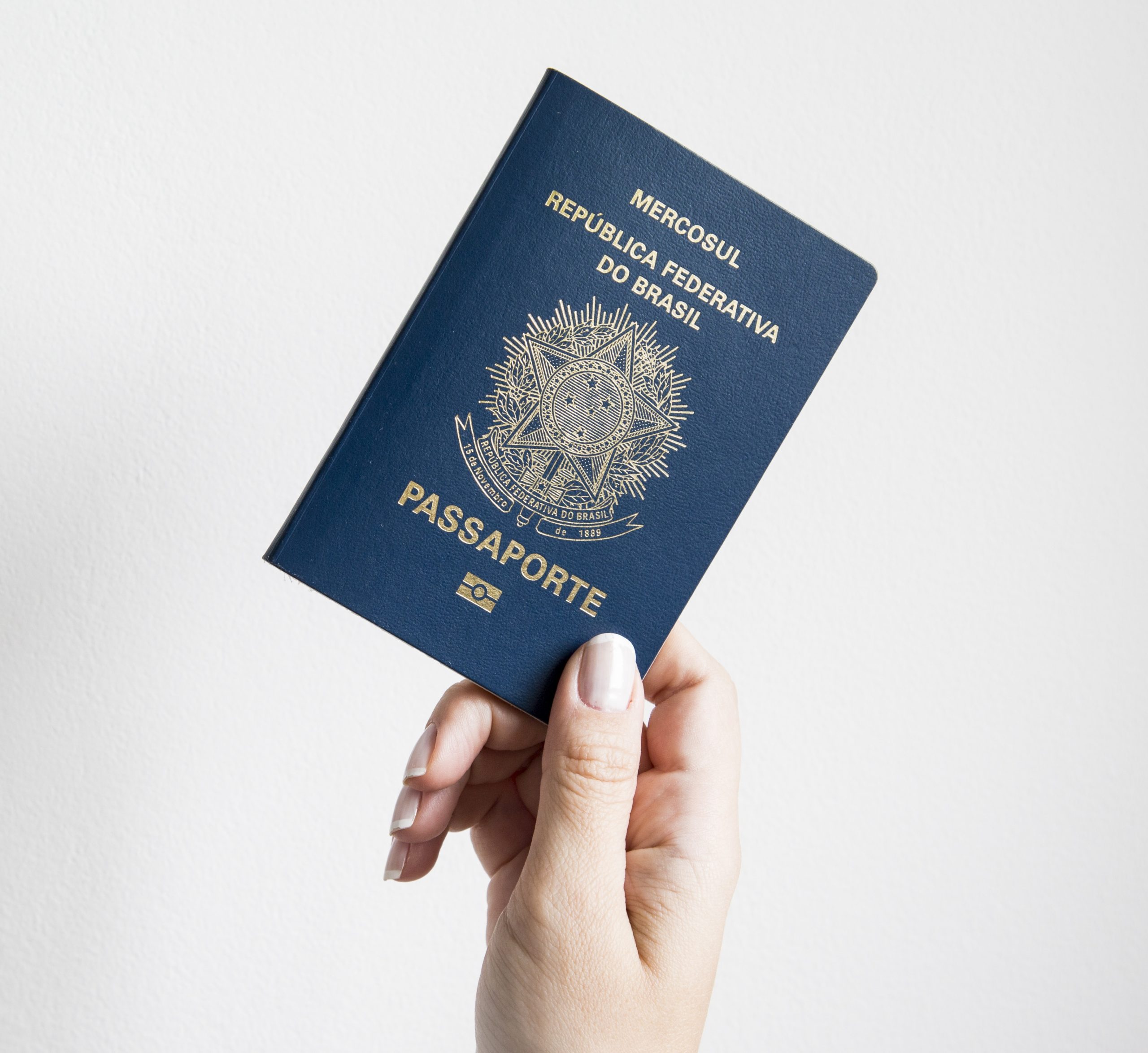
In April, Oklahoma Republican Gov. Kevin Stitt signed House Bill 4156 , an immigration crackdown law that criminalizes “impermissible occupation” in the state. Any immigrant who “enters and remains” in Oklahoma “without having first obtained legal authorization to enter the United States” could face jail time and be forced to leave the state.
The U.S. Department of Justice (DOJ) filed a lawsuit against Oklahoma yesterday, arguing that H.B. 4156 “is preempted by federal law” and “violates the U.S. Constitution.” The lawsuit is the latest entry in the ongoing battle between the federal government and the growing list of states passing their own immigration laws.
Under H.B. 4156, a noncitizen convicted of being in Oklahoma without legal authorization to be in the U.S. will be guilty of a misdemeanor that carries a punishment of up to a year in county jail. A subsequent offense is a felony and carries a punishment of up to two years in Department of Corrections custody. The unlawfully present person must also leave the state within 72 hours of conviction or release from custody, whichever comes later.
“We have brought this action to ensure that Oklahoma adheres to the Constitution and the framework adopted by Congress for regulation of immigration,” said Principal Deputy Assistant Attorney General Brian M. Boynton, head of the DOJ’s Civil Division. Oklahoma Attorney General Gentner Drummond has vowed to defend H.B. 4156, arguing in a May 17 letter that Oklahoma has “not only the sovereign right, but also the solemn legal obligation, to protect its own borders and its own citizens.”
Several other states are facing similar legal action over their immigration laws, which have prompted a debate over whether the federal government has the sole authority to regulate immigration. Challenges to those laws are ongoing; one of the most controversial state-level policies, a Texas law that allows officers to arrest and deport undocumented immigrants, is currently on hold following “a dizzying volley of courtroom maneuvers,” as the Associated Press put it .
Lawmakers framed H.B. 4156 as an effort to “protect the citizens of Oklahoma” and combat organized crime, drug cartels, and sex trafficking. Others aren’t so sure that these will be the primary targets. “This bill would affect people who have been here for decades and contributed millions in tax dollars without ever having a criminal offense,” explained Catholic Charities of the Archdiocese of Oklahoma City. The Migration Policy Institute estimated that 90,000 undocumented people lived in Oklahoma as of 2019. Of those, about 80 percent had lived in the state for five years or more.
Some have warned that the bill will make policing more difficult and reduce community trust. Oklahoma City Police Chief Wade Gourley told KOCO, the local ABC affiliate, that “it’s almost like everybody we come in contact with, we have to check their immigration status,” given the bill’s phrasing. “We have found that this law conflicts with many existing directives governing law enforcement practices throughout Oklahoma,” the Oklahoma Association of Chiefs of Police and Metro Law Enforcement Agency leaders said in a joint statement . It “places crime victims at risk by increasing the fear of reporting to law enforcement” and “brings forth legal challenges in fair and impartial policing.”
“This law has the potential to destroy the connections and relationships we have built within our local immigrant communities and set us back for many years to come,” the statement continued . H.B. 4156 is slated to take effect on July 1.
